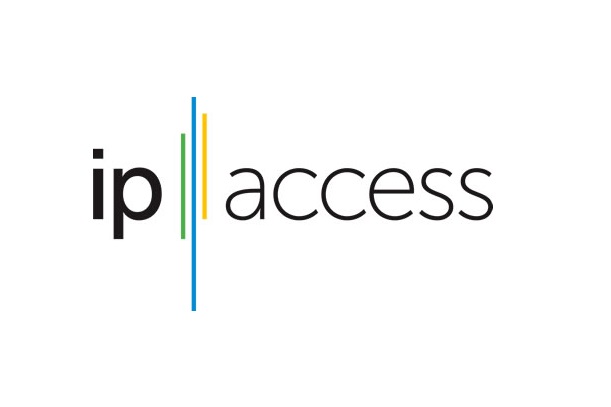Small cell provider ip.access has unveiled a new product aimed at simplifying deployment, as it extends its partnership with Intel.
The vendor has partnered with Cambridge Communication Systems to develop a new outdoor LTE small cell that has integrated wireless backhaul.
The unit comprises a 4G “nanoLTE” small cell and self-organising microwave backhaul, which only needs access to a power supply to work.
The company said the product is smaller than the “two box” solution that separates a small cell from backhaul. It added the new unit could help operators overcome planning restrictions and other difficulties in site acquisition.
Malcolm Gordon, CEO of ip.access, said: “We have deployed more than 1.8 million small cells to date. By partnering with CCS, we’re able to extend our plug-and-play philosophy outside the building, with a solution that self-configures the wireless backhaul, as well as the LTE small cell, significantly reducing the complexity of LTE small cell rollout.”
Meanwhile, ip.access said it was using Intel’s Transcede T3K and T2K system on chip (SoC) family of products in its Viper platform. The end-to-end platform, which was announced last week, is a mix of 3G and LTE access point, virtualised access control gateways and small cells as a service.
Viper also requires ethernet and mains power to be set up, with ip.access aiming the platform at small enterprises which have difficulty in getting indoor mobile coverage. The platform handles new cell provisioning and uses ip.access’s multi-operator capability to provide indiscriminate coverage.
Gordon said: “We see the continued growth of demand for mobile communications around the globe and know that next generation small cells are the only way to meet it. Selecting a technology partner with the flexibility and power to support our goals is vital. Intel was the natural choice for us as its solutions extend our LTE and multi-standard roadmaps in a way that no-one else can match.”


